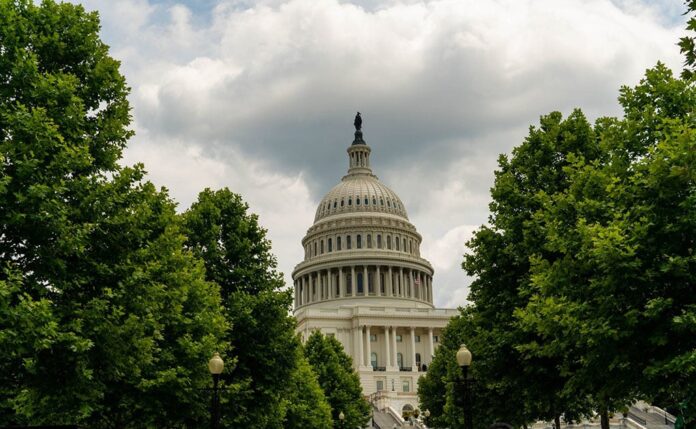Finance Committee Senators of both parties stepped up attacks on the White House’s trade policy, or some said, the lack of one—especially in agriculture.
Finance Chair Ron Wyden (D-OR) and top panel Republican Mike Crapo (R-ID) launched a fusillade of criticism at Biden trade chief Katherine Tai on a lack of trade enforcement and Crapo had this to say on refusing to do trade deals. Crapo said, “Australia and New Zealand each negotiated free trade agreements with Thailand. And since then, demand for premium US beef fell by 30 percent because our cattlemen face a 50 percent tariff while those two partners face none.”
Senate Ag Chair Democrat Debbie Stabenow of Michigan was more muted but echoed a similar call for free trade deals. Stabenow said, “I know there are a number of agriculture stakeholders that sent you a letter earlier this week, urging you to commit to an aggressive agriculture trade agenda. It’s so important that we have those markets. We need those markets, and we need the trade agreements.”
Republicans, as expected, were much harder on Tai. Texas’ John Cornyn said he had to do a double-take on the hearing’s title. Cornyn said, “I think it’d be more accurate to say, ‘The President’s 2024 non-Trade Policy Agenda.’”
A point Oklahoma’s James Lankford made more subtly in this exchange with Ambassador Tai on her efforts for farmers. Lankford said, “We are working for them every single day. We are scoring wins for them without having to do the long negotiations in a free trade agreement. So, the short answer to be responsive to you is, no, we’re not doing the big, comprehensive agreements that are great for Ag and terrible for our industries. But, we are nevertheless securing wins, 21 billion dollars over the last three years.” Lankford “The challenge is when it’s not an FTA, there’s no certainty on it. And that executive agreements come and go with administrations.”
Tai, early in her tenure called FTAs an ‘outdated, 20th Century tool.’ She now more openly underscores the political importance to the president of organized labor, stating, “We don’t want to play Americans against Americans or sectors against sectors.”
Story courtesy of NAFB News Service and Matt Kaye/Berns Bureau Washington

